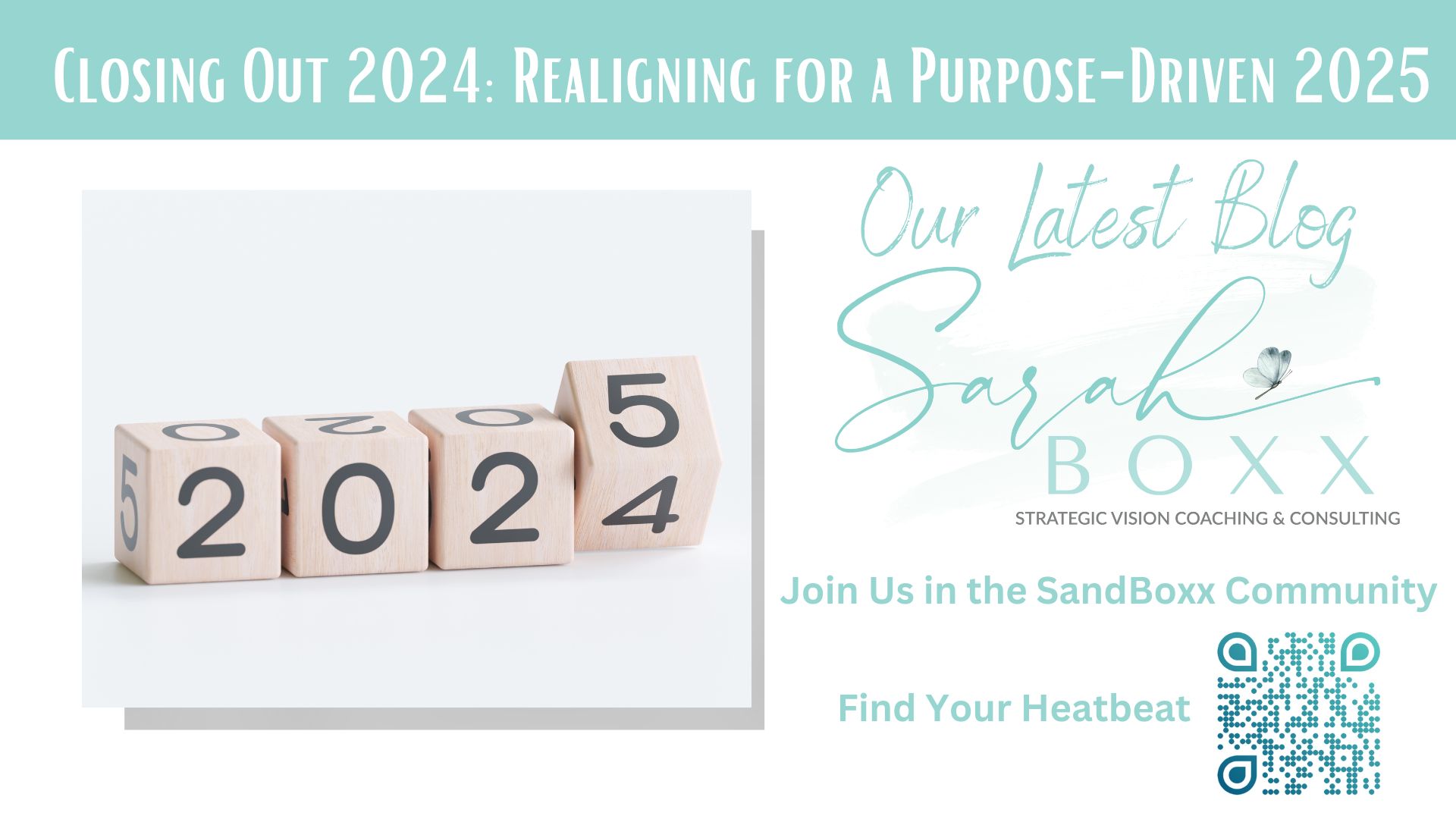The more I’ve learned about the Enneagram assessment, the more I realize there is a depth to this particular personality tool that is unique and truly difficult to find with other assessments.
There are multiple layers or facets when it comes to truly unpacking your Enneagram types. There are wing numbers, core desires, differences in type presentation based on stress, and different pairings or groupings for similar or compatible Enneagram types.
One particularly fascinating grouping is known as the Centers of Intelligence. The Centers refer to triads of Enneagram types that respond to life in similar ways.
Now, you may look at these groupings and find yourself thinking, “There’s no way those types are similar!”
While it’s true that each type within a particular triad has its own distinct characteristics, there is unity in the core desires and motivations held by each of the three types. In other words, the outward behaviors may look vastly different, but the internal struggles and desires are related.
What are the Centers of Intelligence?
- The Head Center
This center is made up of types 5, 6, and 7.
Also known as the Thinking Center, individuals in this triad process life primarily by thinking. These individuals strive to figure out the world through the use of their mental faculties. In other words, they tend to be learners seeking to understand.
These individuals often struggle with fear and anxiety, although the source or root of this anxiety may differ between types. Additionally, individuals in the Head Center all crave the same thing: security.
In fact, it is their desire for security that leads these individuals to be analytical strategizers, seeking to develop plans to help them avoid anxiety-inducing situations and maintain a sense of peace and security in their lives.
- The Heart Center
This center includes types 2, 3, and 4.The Heart Center is often referred to as the “Feeling Center.” Individuals in this triad process life through the lens of their feelings and emotions and are well attuned to their emotional state as well as the emotions of others. They use these feelings as a compass that guides them in decision making, navigating relationships, and dealing with stressful situations.
Those in the Heart Center often wrestle with feelings of shame. They are motivated by a desire for approval, affection, and acceptance.
- The Gut Center
This center includes types 8, 9, and 1.Otherwise known as the “Instinctive Center,” individuals in this triad tend to “go with their gut.” (Pun intended.) Essentially, they are ruled by instincts and tend to be quick to act based on gut feelings.
Individuals in this group often struggle with feelings of anger or rage. That being said, this anger can manifest in wildly different ways from one person to another. These individuals also tend to be concerned with justice and pursuing the highest “good” in all situations (though they may disagree on what that looks like.)
Now, it must be said that while each of us has a primary Center of Intelligence (listed above), we can each use and be influenced by other Centers as well.
To offer a personal example…
Our team writer, Maria Lees, is a type 9, and is primarily motivated by the Gut Center. This simply means that her core desires and struggles most closely align with those within that triad. That is not to say, however, that she never experiences feelings of shame like those in the Heart Center or desires a sense of security like those in the Head Center.
Of course she does.
It simply means that those feelings or experiences take a secondary role in her life compared to the shared characteristics of those within the Gut Center.
See what I mean?
These three Centers of Intelligence serve as a way of understanding our deeper motivations, fears, and desires and how they are similar (or different) from others. Not only does this information aid in our own self-reflection, but I’ve found it can be incredibly helpful in understanding others and why they are the way they are.
Interested in learning more about your Enneagram type and how your Center of Intelligence may play a role in your personality or behavior? Click here to book an Enneagram Debriefing Call with me. Together we will unpack your Enneagram results.
Article was contributed by: Maria Lees, Team Writer with Sarah Boxx




